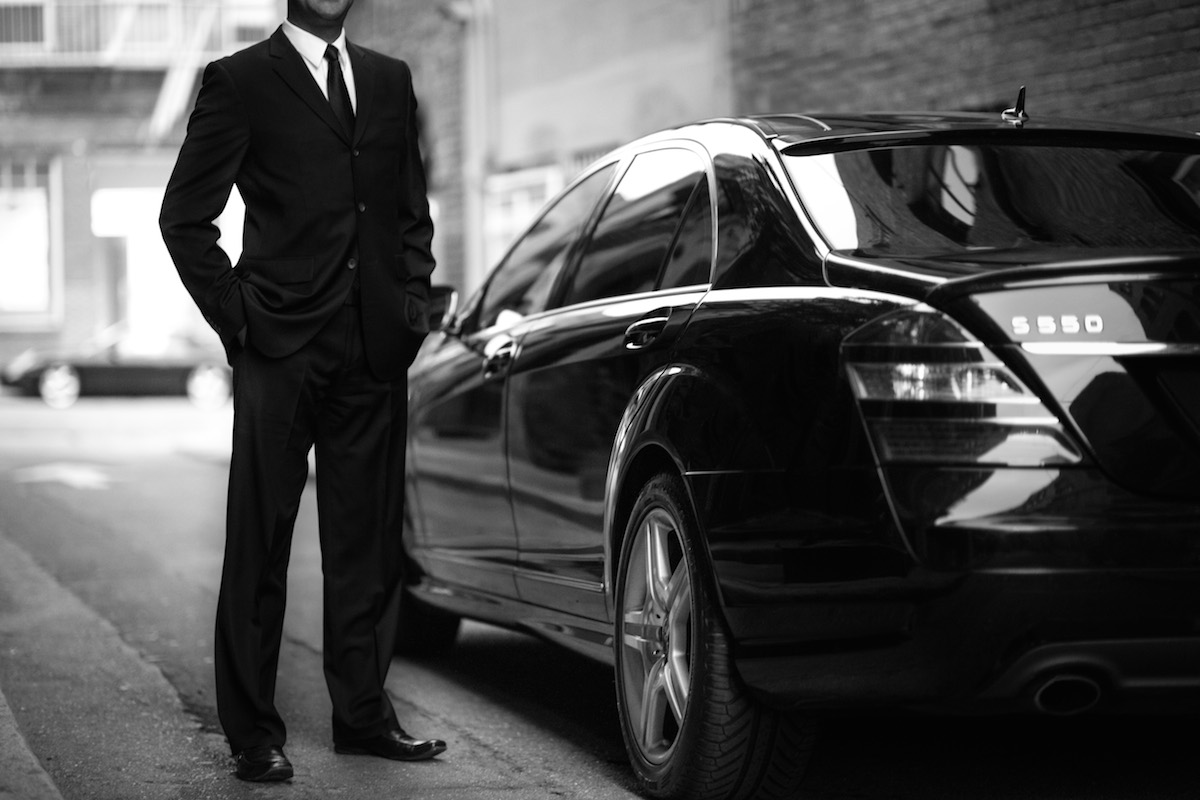How Uber almost got 'banned from Apple's App Store'
Uber denies claim that it tracked users who deleted the app


Apple almost yanked Uber from its App Store back when the ride-hailing firm was discovered to allegedly be tracking former users after they had deleted the app from their iPhones, according to a report.
Uber used a technique called fingerprinting to track devices, though it claims it does not track users who've deleted the app. Instead it said the technique was used as fraud prevention in China to stop drivers from registering multiple stolen iPhones in a bid to boost bonuses from the company.
To stop fraud in China, Uber used the fingerprinting technique, which was banned by Apple. In order to get around that rule, Uber geofenced Apple headquarters, hiding code from Apple engineers to keep them in the dark over Uber's business practices, according to theNew York Times.
However, the subterfuge did not work for long as Apple engineers outside of Cupertino caught on to the practice.
It is unclear from the report how Uber managed to continue breaking Apple's privacy rules, but after an apparent meeting between Apple CEO Tim Cook and Uber CEO Travis Kalanick that year, Cook told Kalanick to stop the tracking or get the app thrown off the App Store, according to the NYT. Kalanick agreed to stop the tracking, the publication reported.
The NYT said that Kalanick was "shaken" by Cook's scolding, according to a person who saw him after the alleged meeting.
The firm has also been in trouble with claims of sexual harassmentoriginating from a former employee. Uber has delayed a review into the claims until the end of May.
Sign up today and you will receive a free copy of our Future Focus 2025 report - the leading guidance on AI, cybersecurity and other IT challenges as per 700+ senior executives
An Uber spokesperson said in a statement:"We absolutely do not track individual users or their location if they've deleted the app. As the New York Times story notes towards the very end, this is a typical way to prevent fraudsters from loading Uber onto a stolen phone, putting in a stolen credit card, taking an expensive ride and then wiping the phone - over and over again. Similar techniques are also used for detecting and blocking suspicious logins to protect our users' accounts. Being able to recognise known bad actors when they try to get back onto our network is an important security measure for both Uber and our users."
IT Pro has approached Apple for comment.
Rene Millman is a freelance writer and broadcaster who covers cybersecurity, AI, IoT, and the cloud. He also works as a contributing analyst at GigaOm and has previously worked as an analyst for Gartner covering the infrastructure market. He has made numerous television appearances to give his views and expertise on technology trends and companies that affect and shape our lives. You can follow Rene Millman on Twitter.
-
 The modern workplace: Standardizing collaboration for the enterprise IT leader
The modern workplace: Standardizing collaboration for the enterprise IT leaderHow Barco ClickShare Hub is redefining the meeting room
-
 Interim CISA chief uploaded sensitive documents to a public version of ChatGPT
Interim CISA chief uploaded sensitive documents to a public version of ChatGPTNews The incident at CISA raises yet more concerns about the rise of ‘shadow AI’ and data protection risks
